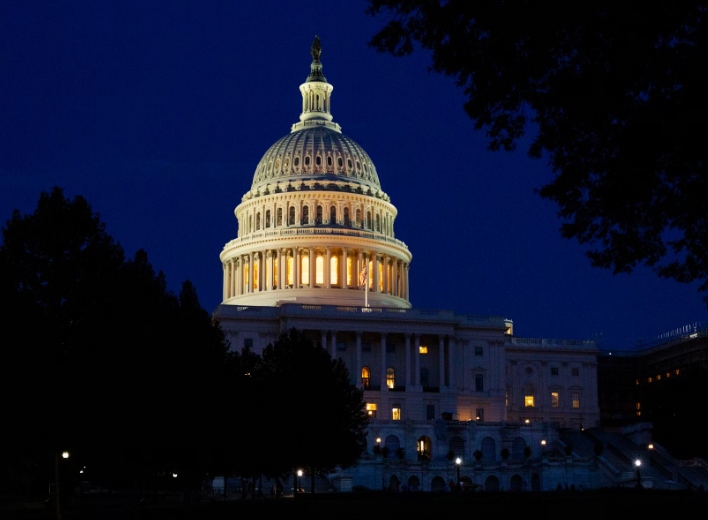Gender equality is not just a buzzword or a trendy topic; it is a fundamental principle that is essential for building a fair and inclusive society. It is about ensuring that all individuals, regardless of their gender, have equal opportunities, rights, and access to resources. Gender equality is not only a matter of justice and human rights but also a driver of economic growth, social development, and peace. In this article, we will explore the importance of gender equality and why it is crucial for building a fair and inclusive society.
First and foremost, gender equality is a matter of justice. It is about recognizing that all individuals, regardless of their gender, deserve equal rights and opportunities. Women and girls have historically been marginalized and discriminated against, facing barriers to education, employment, and leadership positions. Gender equality seeks to dismantle these barriers and create a level playing field for everyone.
Promoting gender equality is also essential for economic growth and development. Numerous studies have shown that when women are empowered and given equal opportunities, economies thrive. Women make up half of the world’s population, and excluding them from the workforce means wasting valuable human capital. By ensuring that women have access to education, training, and employment opportunities, societies can tap into their potential and contribute to economic growth.
Moreover, gender equality is crucial for achieving sustainable development. The United Nations’ Sustainable Development Goals (SDGs) recognize gender equality as a standalone goal (SDG 5) and as a prerequisite for achieving other goals. Gender equality is intertwined with other development issues such as poverty eradication, access to healthcare, education, and environmental sustainability. For instance, when women have control over their reproductive rights, they can make informed decisions about family planning, which leads to smaller family sizes and better maternal and child health outcomes. Similarly, involving women in climate change adaptation and mitigation efforts leads to more inclusive and effective solutions.
Gender equality is also a key driver of peace and security. Research has shown that societies with higher levels of gender equality are less prone to conflict and violence. Inclusive and participatory decision-making processes that involve women lead to more sustainable and peaceful outcomes. By promoting gender equality, societies can break the cycle of violence and build a more peaceful and secure future.
Building a fair and inclusive society requires addressing not only overt discrimination but also the underlying social norms and attitudes that perpetuate gender inequality. It is important to challenge stereotypes and gender roles that limit the potential of both men and women. Gender equality is not about making women more dominant than men; it is about creating a society where everyone has equal opportunities and rights, regardless of their gender.
In conclusion, gender equality is not just a goal in itself; it is vital for building a fair and inclusive society. It is about ensuring that all individuals, regardless of their gender, have equal opportunities, rights, and access to resources. Gender equality is not only a matter of justice and human rights but also a driver of economic growth, social development, and peace. By promoting gender equality, societies can tap into the potential of all individuals, break the cycle of discrimination and violence, and build a better future for everyone.





